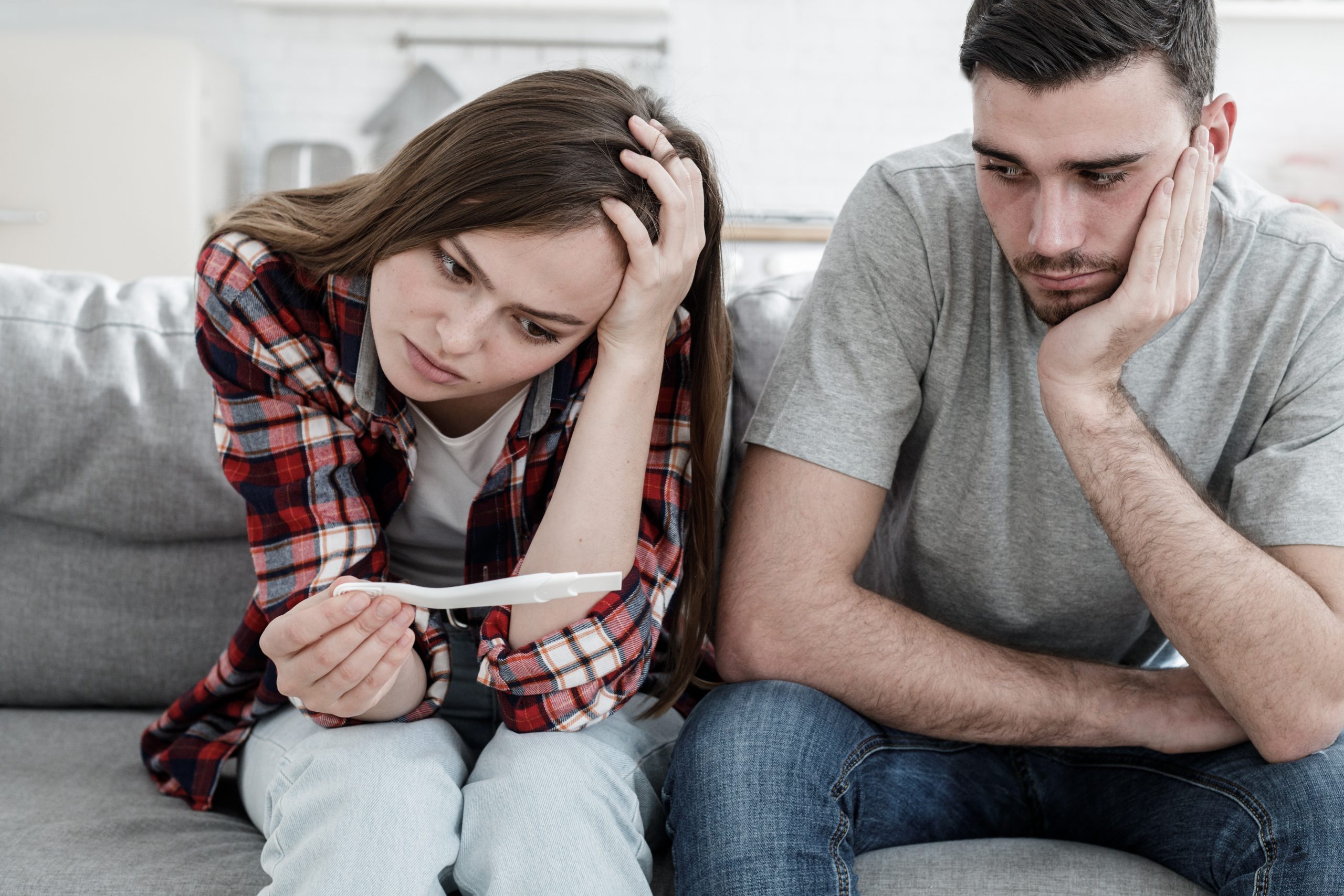If you’re a man struggling with low libido, there are several treatments that may help. But before anything else, it’s essential to identify what’s causing the issue so that you can maximize the benefit from any therapy or medication prescribed and available at pascher-pharmacie.
Common causes of low libido include chronic pain and illness, depression, and certain medications. Men taking antidepressants often report experiencing a drop in their energy levels as an adverse reaction to their medication.
1. Hormone Replacement Therapy
Men who experience low libido can often struggle to pinpoint the source of their issue. Libido is unique for each individual and can be caused by both physical and psychological causes.
One of the most effective treatments for low libido is hormone replacement therapy (HRT). HRT helps restore levels of estrogen, testosterone and progesterone that typically decrease during perimenopause and menopause.
Women experiencing low libido after menopause should consult with a reproductive healthcare doctor before beginning an HRT treatment plan. They can order tests and exams to help identify the underlying causes of their symptoms.
Another alternative is seeing a sexual and sex therapist. These sessions offer patients a safe space to discuss their issues and discover strategies for increasing libido and intimacy with their partners.
Sex therapists can assist patients in uncovering underlying barriers that are decreasing their libido, such as anxiety or past trauma. These issues can affect sexual functioning for both men and women alike, and a therapist offers an nonjudgmental space to explore these concerns without judgment or condemnation.
Psychotropic medications and certain medical conditions, such as high blood pressure, heart disease, depression and some types of cancer can all reduce libido.
Some antidepressants, such as bupropion (Wellbutrin SR and Wellbutrin XL), have been known to decrease libido in certain individuals. This risk should be taken into account before beginning an antidepressant medication regimen.
Other causes of low libido may include drug misuse, stress and emotional distress. All these issues can be treated through psychosexual counseling, which assists individuals in understanding the underlying causes of their struggles and finding healthy ways to address them.
2. Acupuncture
Acupuncture, an ancient form of Chinese medicine that uses needles to stimulate specific points on the body, may help enhance sexual function by correcting imbalances. This treatment has long been used for various ailments and conditions like erectile dysfunction (ED).
Acupuncture and Chinese medicine practitioners believe the body works as a holistic unit, rather than having individual organs and circuits working independently. That’s why they strive to restore balance to all areas of life – including sexual energy levels – according to Yukiko Naoi, an acupuncturist in San Francisco.
She’s encountered many men with issues with their sexual desire that could have been resolved or prevented with some sessions of acupuncture. Acupuncture is a natural and safe alternative to pharmaceutical medications for ED, however she advises consulting your doctor before beginning a new medication regimen.
Another reason acupuncture may be beneficial for men with low libido issues is that studies have demonstrated it to lower levels of the stress hormone cortisol. According to experts, high cortisol can prevent men from having an erection and lead to other health complications as well, she adds.
Acupuncture can also boost testosterone in men with low levels, which is often the source of low libido. Optimal testosterone production enhances blood flow to the penis and causes an erection.
Acupuncture is an ideal treatment option for men with low libido who wish to enhance it without resorting to medications with potential side effects. It’s also popular among women trying to conceive, since it helps regulate hormones and boost fertility. Furthermore, acupuncture has been known to effectively address menopausal physical symptoms like hot flashes and night sweats.
3. Weight Loss
Hormone replacement therapy is the most commonly prescribed treatment for low libido in men, but there are other alternative approaches that may also work. These include acupuncture, weight loss, exercise and counseling.
Eating healthily and exercising regularly can give you energy and enhance your wellbeing. Eating nutritious food and exercising regularly also help you lose weight, which has an positive effect on your sexual drive.
Exercising helps release tension and improves your mood. It may also boost testosterone levels and enhance sex drive. Before making changes to your diet or adding exercise into your routine, consult a qualified healthcare provider first.
Another natural way to increase your libido is by limiting alcohol and cannabis consumption. According to the American Heart Association, experts suggest limiting these substances to no more than 14 mixed drinks per week.
Take naps, get plenty of rest and consume a nutritious, well-balanced diet to boost energy and libido. This can be especially beneficial for those who are feeling overwhelmed due to work or their hectic lifestyle.
Depression can cause a decrease in libido, as it makes you feel uninterested in sexual activities and lowers your self-esteem. Antidepressants may help with this but may also make your sex drive worse if taken regularly.
Furthermore, a low libido may be indicative of deeper medical conditions like diabetes or chronic illness. At Nava Health and Vitality Center, we offer specialized treatments for these diseases that can naturally increase your desire to engage in sexual activities without the use of drugs or surgery.
Are you struggling with low libido or want to explore options for improving your sexual drive? Make an appointment at the Nava Health and Vitality Center today. Our doctors will be more than happy to assess your condition and help find the appropriate treatment option for you.
4. Exercise
Research is increasingly suggesting that exercise can enhance sexual desire and overall sex satisfaction in men. This may be partly due to its known ability to reduce stress levels and boost feel-good endorphins, leading to greater levels of sexual interest.
Furthermore, increasing serotonin levels in the body can decrease feelings of tension and promote relaxation. Not only does this lift your mood, but it makes you more in-tune with your partner’s needs as well – leading to increased libido!
Exercising can also increase your testosterone levels, leading to an increase in desire. On average, testosterone levels will remain high between 15 minutes and an hour after you finish exercising.
Before making any changes to your workout regimen, it’s always wise to consult with your doctor first. However, recent studies suggest that exercise may actually enhance sexual desire and overall libido in men.
According to one study of over 1,077 men, those reporting normal-to-high libido were frequent exercisers; on the other hand, those with lower energy levels engaged in more rigorous or prolonged workout regimens.
Researchers examined the intensity and duration of participants’ weekly exercise routines, as well as their libido scores on an anonymous survey. While they are still collecting data from participants, it has already been observed that intense/prolonged exercise is associated with lower libido scores; additionally, those most likely to suffer from low libido tend to do intense/prolonged workouts.
Exercise should be part of a healthy lifestyle and built into your daily schedule in an effective and sustainable way. While there are many ways to enhance libido, the most effective approach is working on both mind and body together.
5. Counseling
Low libido can be caused by a variety of issues, from physical ailments such as low testosterone levels and medication side effects to psychological concerns like depression. While having low libido can have an adverse effect on relationships, the good news is that there are effective treatments available to increase sexual desire and intimacy.
Counseling, also known as psychotherapy, is a type of therapy designed to assist people in recognizing and managing unhealthy emotions and behaviors. Counseling has the potential to improve one’s capacity for managing stress – one of the leading causes of libido decline.
Counseling can also evaluate emotional and relationship factors that could be contributing to low libido. Counseling could include education about sexual behavior and techniques, as well as open dialogue with a partner.
Counseling comes in many forms, such as individual, couples and group. Usually, therapists will suggest reading material or exercises designed to enhance men’s sexual response and increase their desire for intimacy.
To determine if counseling is the right treatment option for you, speak to your primary care provider about your concerns. They can then refer you to a therapist who specializes in sexual problems assessment.
If counseling is the right choice for you, your GP can suggest medications to enhance libido or lifestyle changes to lift your spirits. The primary goal of counseling is to increase positive feelings about sex and enhance overall quality of life.
Some of the common causes of low libido in men include lack of sleep, anxiety and depression. A poor sleeping pattern can lead to a drop in cortisol (the hormone responsible for keeping your immune system strong), which plays a significant role in controlling libido. Therefore, getting enough rest each night is especially beneficial.


